'Bowls are rich in fiber, vitamins, minerals, and antioxidants that help control blood pressure and reduce the risk of cancer and heart disease.' Start your day with health news to see more of this article!
Starting the day with health news , readers can also read more articles: Doctors show how to drink coffee safely for people with heart disease and diabetes; Want healthy lungs, prevent cancer, what antioxidants do you need to take?; Research from Harvard discovers 'candy' that helps reduce the risk of diabetes...
The effect of lowering blood pressure and preventing cancer at the same time of bok choy
Bok choy is a familiar vegetable but not everyone knows its outstanding nutritional benefits. Bok choy contains a lot of fiber, vitamins, minerals, antioxidants that help control blood pressure and reduce the risk of cancer.
Bok choy has a high water content, low calories, very suitable for a healthy diet. In 100 grams of bok choy, there are more than 95 grams of water, 1.5 grams of protein, 1 gram of fiber, 1.2 grams of sugar along with vitamins A, C, K, B6 and minerals such as calcium, potassium, phosphorus, iron, magnesium.
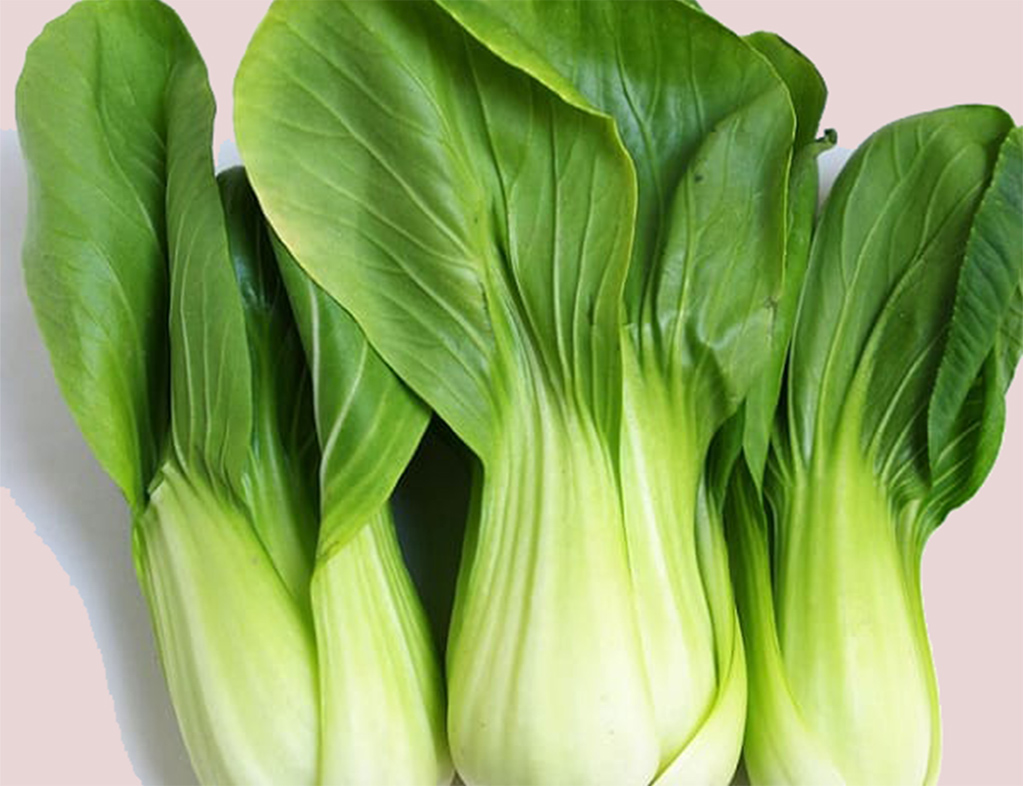
Bok choy contains nutrients that can lower blood pressure and prevent cancer at the same time.
Bok choy contains glucosinolate, a compound that has been shown to reduce the risk of certain cancers. The selenium content in bok choy also has anti-cancer effects.
Another important health benefit of eating bok choy is blood pressure control. This benefit is due to the fiber and vitamin K content in bok choy. Better blood pressure control also reduces the risk of cardiovascular disease. Research published in the journal JRSM Cardiovascular Disease found that regular consumption of green leafy vegetables, including bok choy, reduces the risk of heart disease by about 16%.
Not only that, the glucosinolate compound in bok choy not only fights cancer but also controls blood pressure. The next content of this article will be on the health page on December 13.
What antioxidants do we need to take to keep our lungs healthy and prevent cancer?
Lungs can be damaged by a variety of factors, from air pollution, changes in weather, to exposure to allergens. Some antioxidants not only improve lung function but also prevent cancer.
The lungs function to absorb oxygen from the air into the blood. Because they are constantly exposed to the air, the lungs are also susceptible to pollution, changes in weather, pollen, dust, chemicals, and mold. These factors make the lungs susceptible to infection.
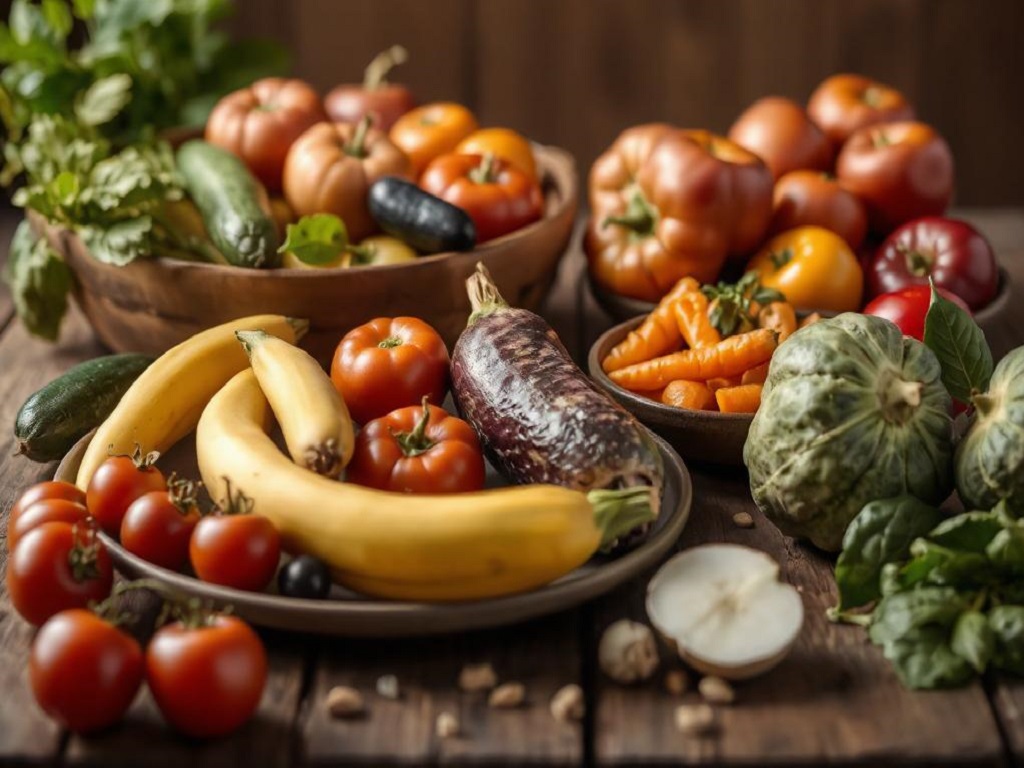
Antioxidants in fruits and vegetables can help improve lung function and prevent cancer.
Meanwhile, antioxidants have anti-inflammatory effects. This is because antioxidants help neutralize free radicals and reduce oxidative stress. To improve lung function and prevent cancer, people should prioritize the following antioxidants:
Vitamin C. Vitamin C, also known as ascorbic acid, is one of the body's most important antioxidants. Vitamin C is found in guava, oranges, tangerines, lemons, and grapefruit.
Studies show that vitamin C plays an important role in eliminating reactive oxygen species (ROS), a byproduct of cellular metabolism. ROS can damage the cells lining the respiratory tract. Therefore, people with weakened respiratory systems should consume a diet rich in vitamin C to improve lung function.
Vitamin E. Vitamin E, also known as alpha-tocopherol, acts as an antioxidant. This vitamin inhibits lipid peroxidation, thereby protecting cell membranes from damage caused by free radicals.
Thanks to its ability to prevent inflammation at the cellular level, vitamin E is essential for respiratory health and preventing respiratory diseases. Common foods rich in vitamin E are nuts, seeds, avocados and spinach. The next content of this article will be on the health page on December 13.
Harvard study finds 'candy' that reduces risk of diabetes
In a study recently published in the medical journal BMJ, scientists from the Harvard TH Chan School of Public Health (USA) discovered that a popular 'candy' can reduce the risk of diabetes by up to 21%.
In a study funded by the US National Institutes of Health, scientists at the Harvard TH Chan School of Public Health (USA) used data from three large studies, including 192,028 participants who did not have diabetes at the beginning of the study, followed for 25 years, to examine the link between type 2 diabetes and total chocolate consumption .

Researchers examined the link between type 2 diabetes and total chocolate consumption
Participants reported on their dietary habits, including chocolate consumption, as well as diabetes status and weight.
By the end of the study period, 18,862 people had developed diabetes. Of the 111,654 participants included in the analysis of diabetes risk according to chocolate consumption, 4,771 developed diabetes.
The results found that consuming 2 pieces of chocolate (equivalent to 23.8g) per day for at least 5 days/week, helps reduce the risk of diabetes by 10%. In particular, dark chocolate has the biggest effect, with a reduction of up to 21% .
Researchers also found that even eating dark chocolate just once a week reduced the risk of diabetes by 3%. Start your day with health news to see more of this article!
Source: https://thanhnien.vn/ngay-moi-voi-tin-tuc-suc-khoe-loai-cai-co-the-giup-ngua-ung-thu-benh-tim-185241212235842816.htm











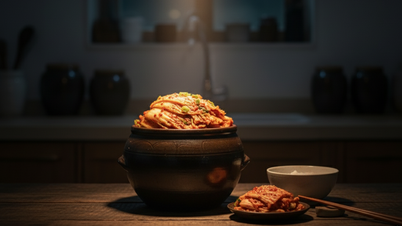

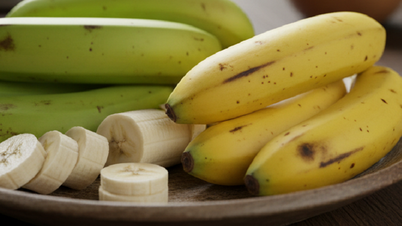













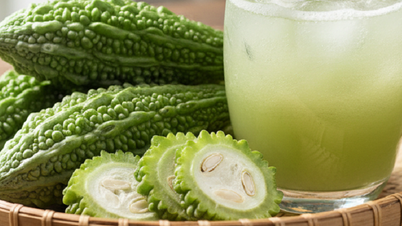













































































Comment (0)